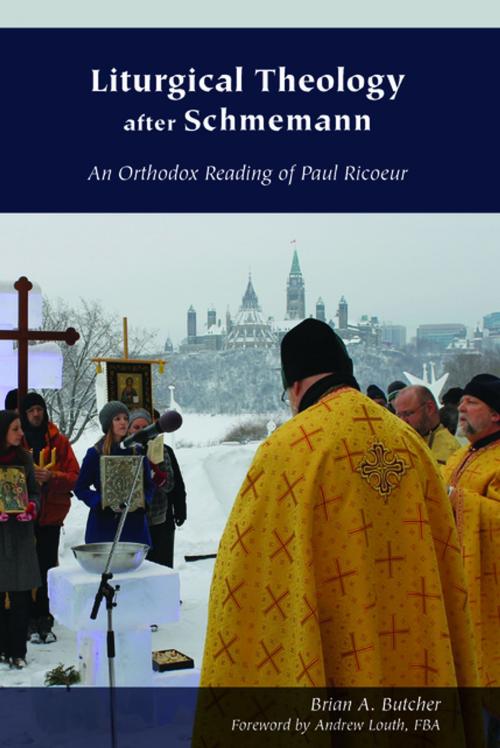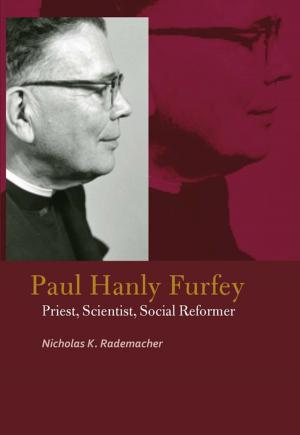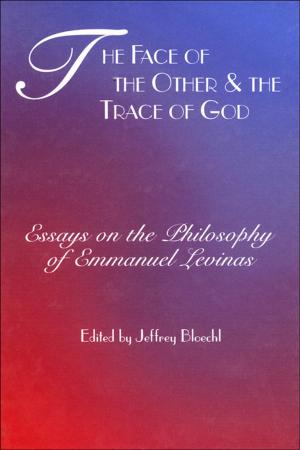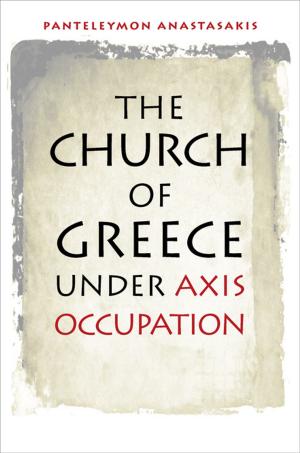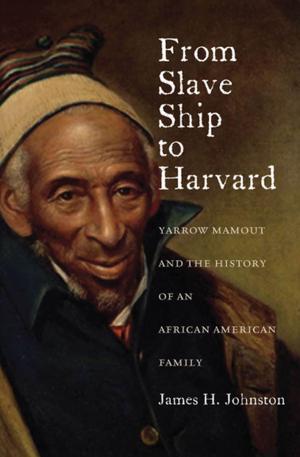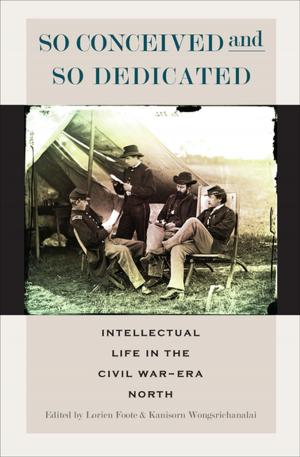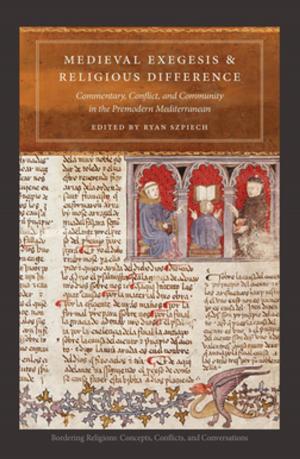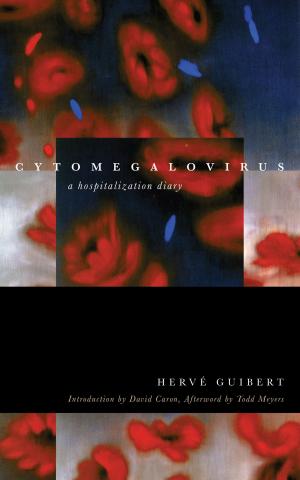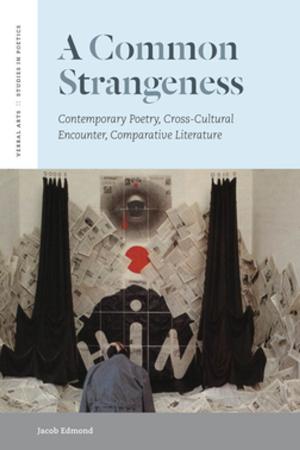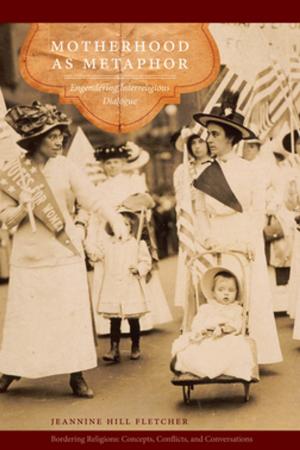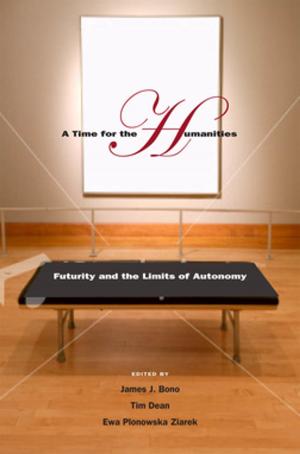Liturgical Theology after Schmemann
An Orthodox Reading of Paul Ricoeur
Nonfiction, Religion & Spirituality, Christianity, Church, Orthodox Churches, Philosophy, Religious| Author: | Brian A. Butcher, FBA | ISBN: | 9780823278282 |
| Publisher: | Fordham University Press | Publication: | February 6, 2018 |
| Imprint: | Fordham University Press | Language: | English |
| Author: | Brian A. Butcher, FBA |
| ISBN: | 9780823278282 |
| Publisher: | Fordham University Press |
| Publication: | February 6, 2018 |
| Imprint: | Fordham University Press |
| Language: | English |
While only rarely reflecting explicitly on liturgy, French philosopher Paul Ricoeur (1913-2005) gave sustained attention to several themes pertinent to the interpretation of worship, including metaphor, narrative, subjectivity, and memory. Inspired by his well-known aphorism, “The symbol gives rise to thought,” Liturgical Theology after Schmemann offers an original exploration of the symbolic world of the Byzantine Rite , culminating in a Ricoeurian analysis of its Theophany “Great Blessing of Water.” .
The book examines two fundamental questions: 1) what are the implications of the philosopher’s oeuvre for liturgical theology at large? And 2)how does the adoption of a Ricoeurian hermeneutic shape the study of a particular rite? Taking the seminal legacy of Orthodox theologian Alexander Schmemann (1921-1983) as its point of departure, Butcher contributes to the renewal of contemporary Eastern Christian thought and ritual practice by engaging a spectrum of current theological and philosophical conversations.
While only rarely reflecting explicitly on liturgy, French philosopher Paul Ricoeur (1913-2005) gave sustained attention to several themes pertinent to the interpretation of worship, including metaphor, narrative, subjectivity, and memory. Inspired by his well-known aphorism, “The symbol gives rise to thought,” Liturgical Theology after Schmemann offers an original exploration of the symbolic world of the Byzantine Rite , culminating in a Ricoeurian analysis of its Theophany “Great Blessing of Water.” .
The book examines two fundamental questions: 1) what are the implications of the philosopher’s oeuvre for liturgical theology at large? And 2)how does the adoption of a Ricoeurian hermeneutic shape the study of a particular rite? Taking the seminal legacy of Orthodox theologian Alexander Schmemann (1921-1983) as its point of departure, Butcher contributes to the renewal of contemporary Eastern Christian thought and ritual practice by engaging a spectrum of current theological and philosophical conversations.
